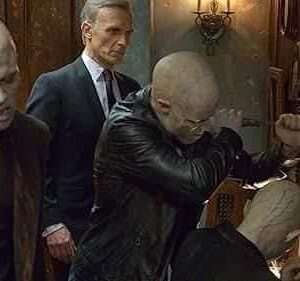
“The Strain” (2014)
“The Strain” (2014) is a horror drama television series created by Guillermo del Toro and Chuck Hogan, based on their novel trilogy of the same name. The series combines elements of vampire mythology, apocalyptic horror, and science fiction to deliver a compelling and intense story.
The story begins with a mysterious plane landing at John F. Kennedy International Airport in New York City, with nearly everyone on board dying under strange circumstances. Dr. Ephraim “Eph” Goodweather (played by Corey Stoll), head of the CDC’s Project Canary, is called in to investigate. Along with his team, which includes Dr. Nora Martinez (played by Mía Maestro), Eph discovers a parasitic virus that turns its victims into vampiric creatures known as “Strigoi”.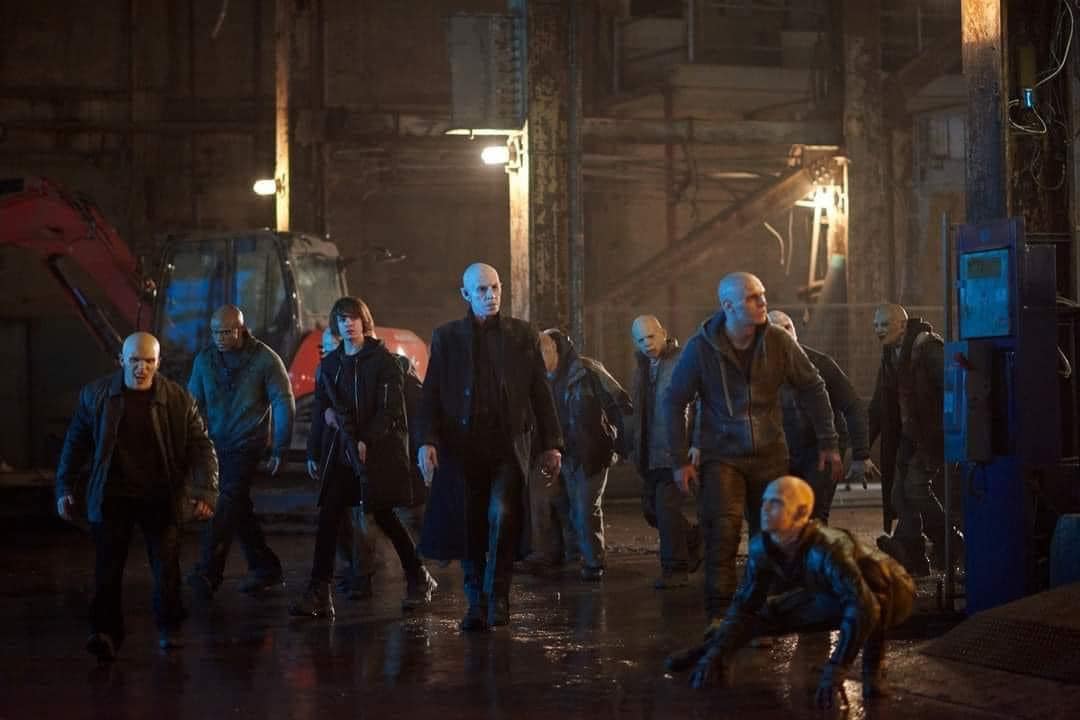
As the virus begins to spread throughout New York City, turning more people into Strigoi, Eph and his team join forces with a diverse group of characters to fight the growing epidemic. The group includes Abraham Setrakian (played by David Bradley), a Holocaust survivor and seasoned vampire hunter; Vasiliy Fet (played by Kevin Durand), a hardened exterminator; and others with a personal stake in the fight against the Strigoi.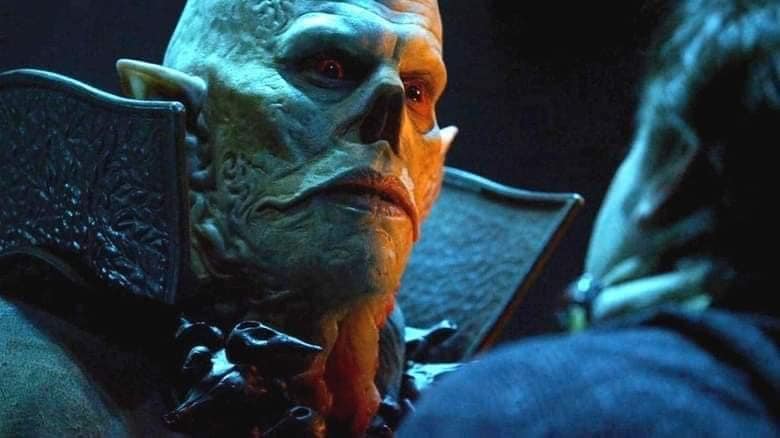
The leader of the Strigoi is an ancient and powerful being known as “The Master”, who seeks to plunge the world into darkness and subjugate humanity. The series delves into the origins of the vampire plague, the ancient conflicts between Strigoi and their human enemies, and humanity’s struggle for survival against overwhelming odds.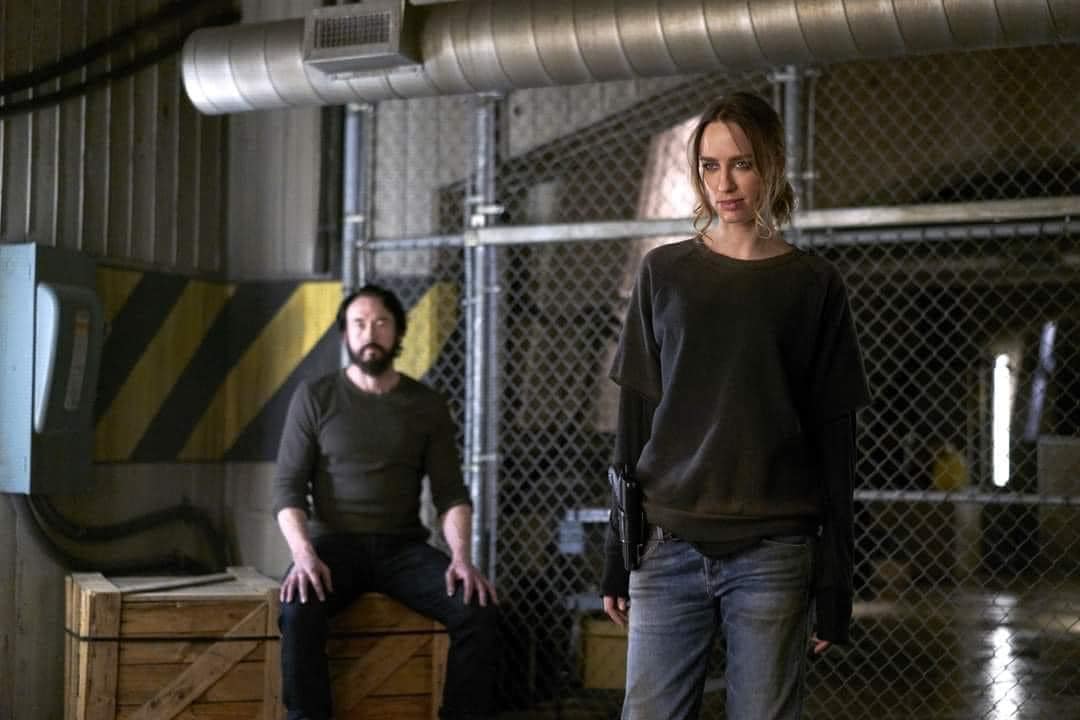
“The Strain” is known for its dark and atmospheric tone, gruesome special effects and complex characters. It explores themes of survival, the nature of evil, and the lengths people will go to protect their loved ones. Over four seasons, the show builds an intense and often terrifying story that keeps viewers on the edge of their seats.

Chernobyl Diaries (2012)
Chernobyl Diaries (2012)
“Chernobyl Diaries” (2012), directed by Bradley Parker, takes viewers on a harrowing journey where thrill-seekers venture into the abandoned ghost town of Pripyat, near the site of the accident. Chernobyl nuclear disaster. 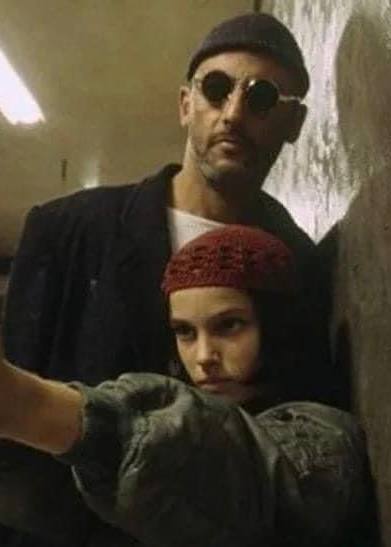 What begins as a strange discovery quickly turns into a nightmare when the group realizes that they are not alone—mutant creatures and invisible horrors lurk in the darkness.
What begins as a strange discovery quickly turns into a nightmare when the group realizes that they are not alone—mutant creatures and invisible horrors lurk in the darkness. As they attempt to escape, the group is pushed to the brink of terror and survival, facing the consequences of humanity’s darkest mistakes. The film blends intense suspense with chilling atmosphere, exploring the haunting legacy of Chernobyl and the primal fear of the unknown.
As they attempt to escape, the group is pushed to the brink of terror and survival, facing the consequences of humanity’s darkest mistakes. The film blends intense suspense with chilling atmosphere, exploring the haunting legacy of Chernobyl and the primal fear of the unknown.
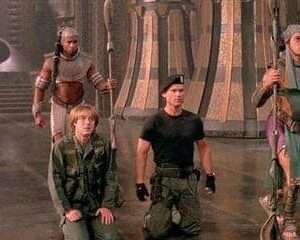
Stargate (1994)
Stargate (1994)
Stargate (1994) is a science fiction film directed by Roland Emmerich and stars Kurt Russell and James Spader. The film is notable for its blend of adventure, mythology, and science fiction elements.
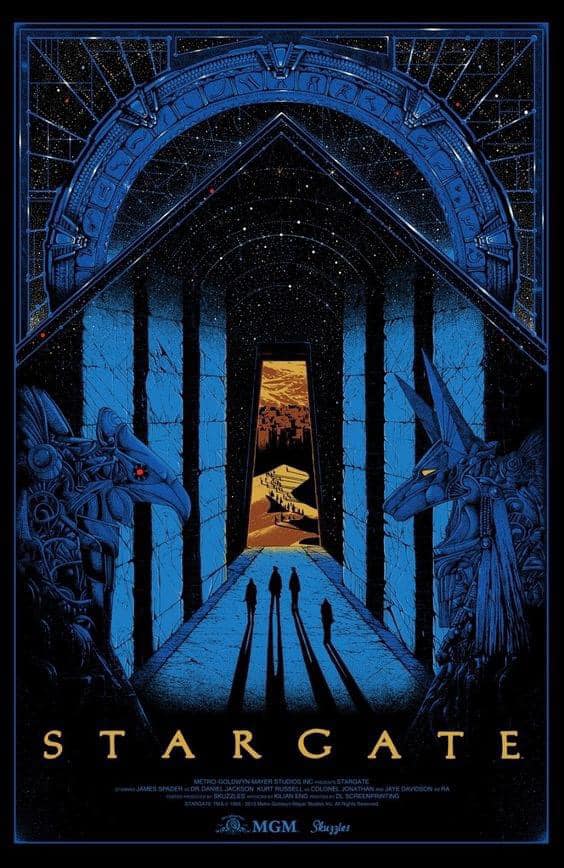
The plot begins with the discovery of an ancient device known as the Stargate, which is unearthed in Egypt. This device is a portal that allows travel to distant worlds. Dr. Daniel Jackson (James Spader), an archaeologist and linguist, is recruited to decipher the hieroglyphics associated with the Stargate and activate it. He discovers that the Stargate can transport individuals to another planet.
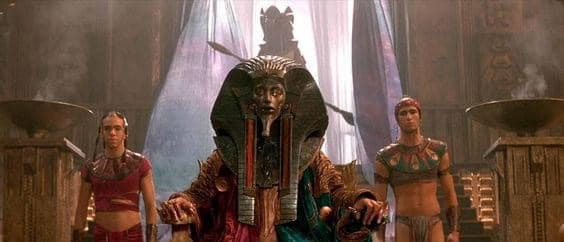
The film follows Colonel Jack O’Neil (Kurt Russell) and his team as they travel through the Stargate to a distant planet. They find themselves on a world that resembles ancient Egypt, ruled by a powerful alien being named Ra. The local inhabitants, who are human but live under the control of Ra, believe him to be a god. As the team investigates, they uncover Ra’s plan to use the Stargate to invade Earth.

Throughout the film, there are significant action sequences, including battles with Ra’s forces and attempts to sabotage his plans. The team, including Dr. Jackson and Colonel O’Neil, teams up with the local resistance to overthrow Ra and prevent the impending invasion.
The film concludes with a climactic showdown between the team and Ra, resulting in Ra’s defeat and the Stargate being used to prevent further threats. The film explores themes of ancient civilizations, extraterrestrial influences on human history, and the clash between advanced technology and human resilience.
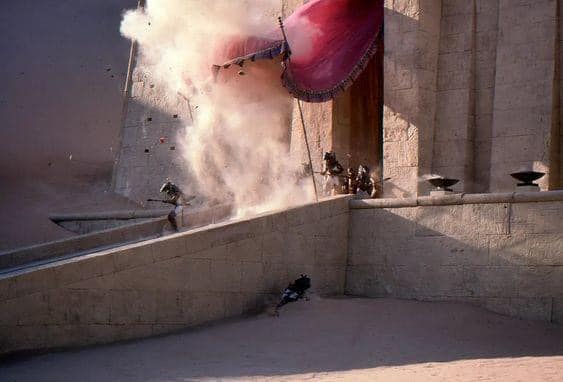
*Stargate* received generally positive reviews for its imaginative premise, engaging action, and special effects. It also led to a successful franchise, including the popular TV series *Stargate SG-1* and its spin-offs.
